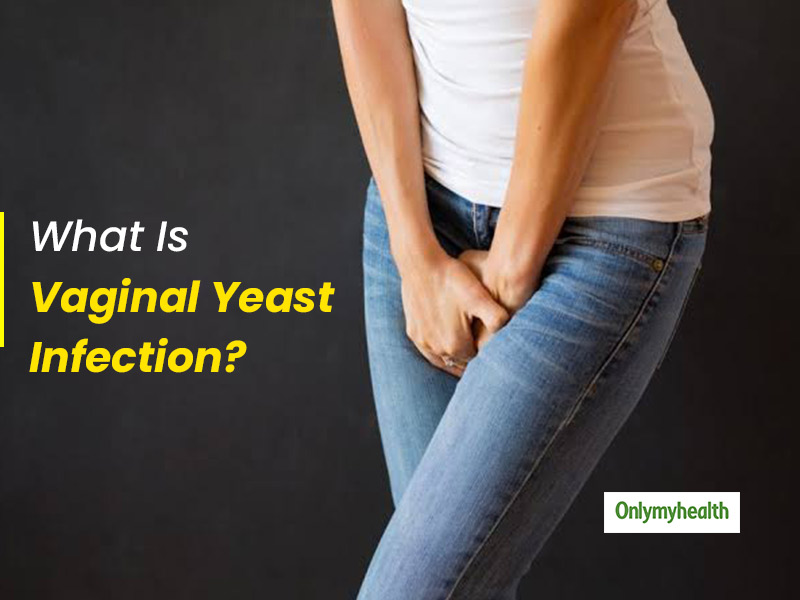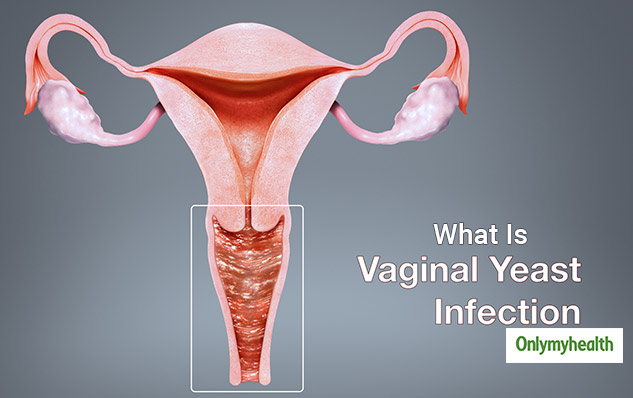
Yeast infections are very common in women. As per reports, almost every women suffer from vaginal yeast infection once in their life. It is caused when Candida fungus buildup around the intimate area. This is not a serious condition but it can be easily treated with medical consultation. In mild infection cases, one can also consider home remedies to relieve the symptoms. Onlymyhealth spoke to Dr. Aruna Kalra, Gynaecologist and Obstetrician at CK Birla Hospital, Gurugram to know more about this infection, its causes and how it can be prevented. To know, read the complete article.
Table of Content:-
What is a vaginal yeast infection?
A vagina consists of some good bacteria and yeast cells. Vaginal yeast infection is caused at the opening of the vagina due to the increase in the number of yeast cells in the vagina. It is usually self-diagnosable. The other name for vaginal yeast infection is candidiasis.
A lot of people misunderstand vaginal infection to be a sexually transmitted disease or STD but it is not. This is just a yeast infection that can also happen to women who are sexually inactive. It may take from 2 days to 2 weeks to recover from this infection depending upon its spread.

Yeast infection symptoms
“Vaginal yeast infection can cause irritation, swelling, itching, burning sensation during sex or urination, pain and redness. Some women may also experience greyish vaginal discharge.”- Dr. Aruna Kalra.
Symptoms may differ in women but it is important to identify the problem as soon as possible. If the infection stays for long, the symptoms may become severe over time. This is why timely treatment is important.
Also Read: Natural Antibiotic Foods To Get Rid Of Bacterial Infection
What Causes Vaginal Yeast infection?
There are several causes of this type of yeast infection. The main cause is the buildup of Candida fungus. When yeast multiplies around the vagina due to a decrease in healthy Lactobacillus bacteria, this infection is caused. Here are some factors that cause bacterial imbalance in the body:

- Pregnancy, vaginal infections are highly common during pregnancy
- Taking antibiotics on a regular basis
- Hormonal imbalance
- Weak immune system
- Uncontrolled diabetes
- Consuming sugary foods
- Stress
If you have any of these, you must be watchful towards your hygiene. This can help you in preventing vaginal infections.
Also Read: Effective Home Remedies To Treat Yeast Infection
How can this infection be treated?
Vaginal Yeast infections usually last for a week. It can be treated through medication as prescribed by the doctor. That may include an anti-fungal ointment, tablet or cream. The treatment depends upon the symptoms. Milder symptoms can be treated with home remedies whereas severe symptoms require proper medical aid.

Here are some home remedies that you can try for vaginal yeast infection:
- Bath with apple cider vinegar water: Just add one cup of ACV in the bathtub and bath with this. It manages the pH level.
- Drink cranberry juice: If you are at risk of getting this infection, drink cranberry juice. It is found to be effective in dealing with infections.
- Consume probiotics such as yogurt daily to increase good bacteria in the body.
- Tea tree oil: Add 10 drops of tea tree oil in one bucket of water and bath with it.
Vaginal yeast infection can be treated easily if you address it immediately. Women should maintain their intimate hygiene to avert the risk of infections. Besides, consuming probiotics is also recommended to boost health and increase good bacteria in the body.
Read More Articles in Women's Health
Also watch this video
How we keep this article up to date:
We work with experts and keep a close eye on the latest in health and wellness. Whenever there is a new research or helpful information, we update our articles with accurate and useful advice.
Current Version
